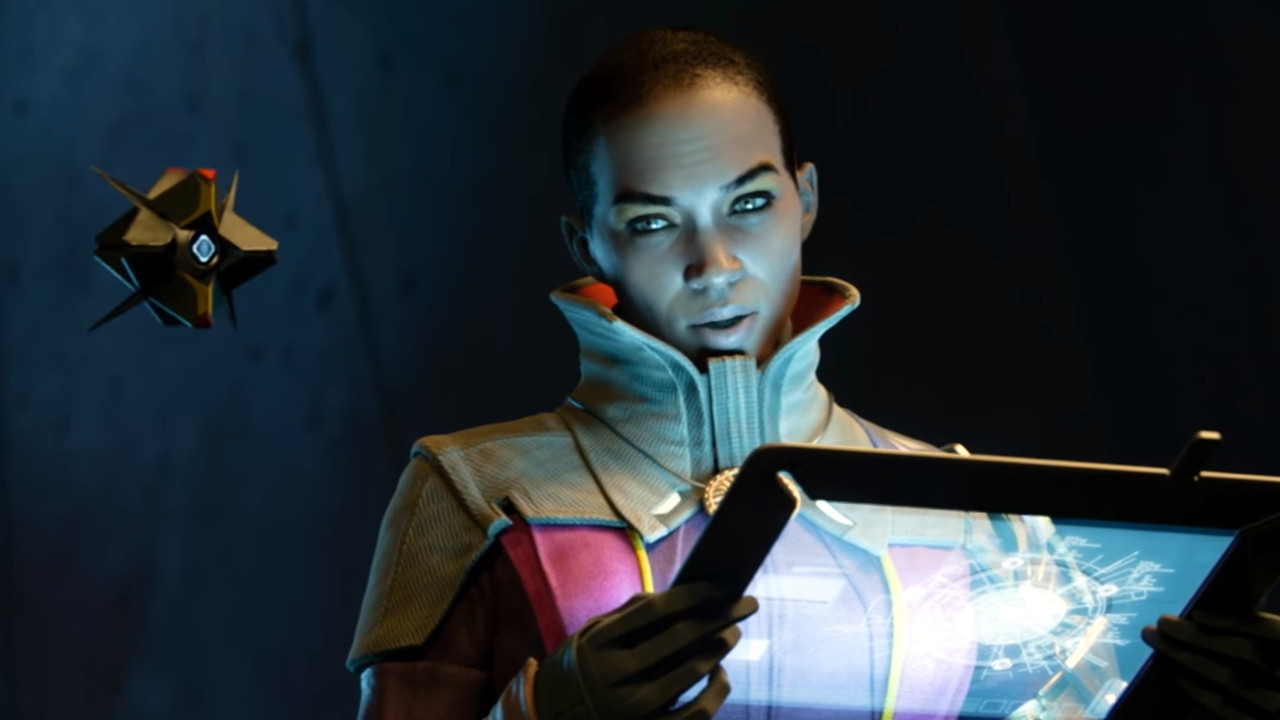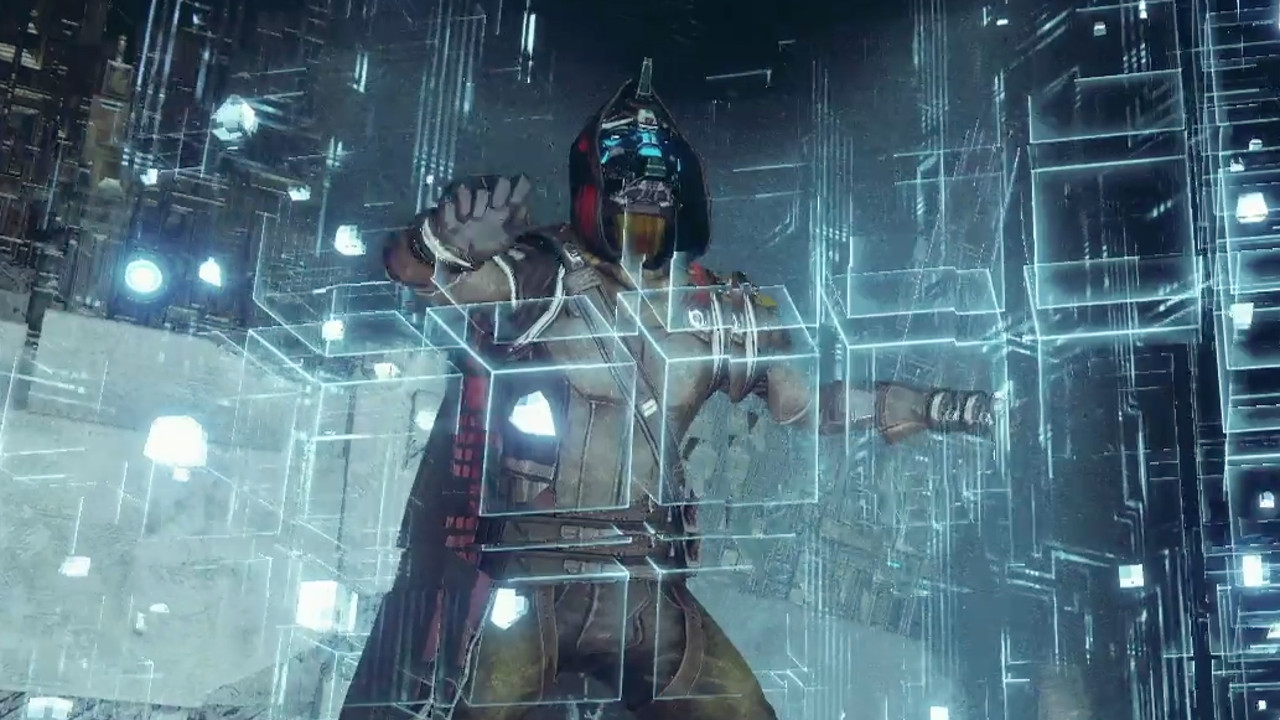Here's how Destiny 2's servers will work - no more host migration!

Destiny 2 won't exclusively use dedicated servers but that doesn't mean it will suffer from all the same lag-related problems as the first game. Bungie added some much-needed context to the discussion around Destiny 2's server situation (which was, for the most part, disappointed players shouting "peer-to-peer NOOOOO") in its latest weekly update. Before getting into the details, let's talk about why players care so much.
The original Destiny uses a mix of peer-to-peer and client-server networking. No one Guardian hosts the Tower, for instance, which is why your dance sessions don't get interrupted for host migrations. But individual players are automatically selected to host activities like Strikes and The Crucible. If those players drop out, the game has to perform a host migration. That could be a mercy if they have a bad connection, though, because a laggy host can mean poor hit detection, weird physics, and all kinds of other problems.

According to Bungie's explanation, Destiny 2 will use a similar hybrid peer-to-peer/client-server model with a few key changes. Activities are now hosted server-side, so you'll never have to worry about a host migration again. And now physics calculations live in the cloud too, meaning there should be fewer discrepancies on key things like where attacks land.
Why not just go full into dedicated servers like Battlefield 1 or other big shooters? Well, Destiny 2's mix of activities and seamless matchmaking mean its networking needs are significantly more complicated than most. Check out this Reddit thread for a more technical rundown of what this revised networking arrangement could mean for the game. However you feel about the setup, we can at least wait and see how the Destiny 2 beta plays.
Read our full Destiny 2 news recap to learn more about Bungie's online shooter sequel. And don't miss 6 game-changing things you need to know about Destiny 2.
Sign up to the GamesRadar+ Newsletter
Weekly digests, tales from the communities you love, and more
I got a BA in journalism from Central Michigan University - though the best education I received there was from CM Life, its student-run newspaper. Long before that, I started pursuing my degree in video games by bugging my older brother to let me play Zelda on the Super Nintendo. I've previously been a news intern for GameSpot, a news writer for CVG, and now I'm a staff writer here at GamesRadar.



